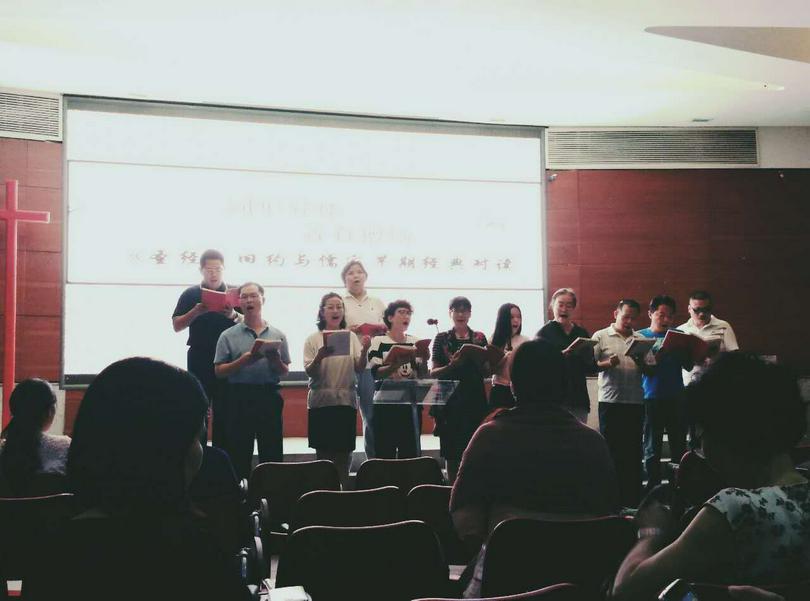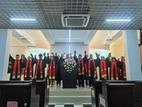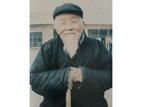Professor Liu Zhennong from Department of Chinese Language and Literature, People's Public Security University of China, talked about reading Confucian classics and the Old Testament side by side in a lecture held in Beijing Haidian Church on August 3, 2016.
Earlier in May, he - who has interest in Chinese ancient traditional culture - gave a lecture named "the Taiping Heavenly Kingdom and History of Christianity" in the church, according to Haidian Church.
The professor has a unique understanding about the figures and the stories coupled with historical and geographical background in the early Confucian classics.
He then contrasts the Bible stories with Chinese ancient stories from the perspective of literature, emphasizing on their isomorphism and summarized that they both have similarities.
First of all, he mentions that the woman Ruth impresses him the most rather than Eve or Mary. "Why was the normal Gentile woman recorded in the Bible?"
He analyzes that Ruth, a widow, went down to the threshing floor alone and slept at Boaz's feet, which was such an impolite behavior. Considering this notion, why was it praised by Christians?
Liu calls the story a "the revelation from gleaning in the wheat fields", a typical example of the culture from the same root.
He also found out that God put the minor matter regarding "leaving the rest of the wheat to the widow" into the law in the books of Leviticus and Deuteronomy because God warned the whole Israelites in the Agricultural Age to be united and love each other.
Similarly, the Confucian theology "loving the people" reflects in the Lesser Court Hymns of the Classics of Poetry, saying "A bunch is left behind here, Some loose ears are there. To the widow, it's a beneficial care."
Another example is that Ruth, a Gentile who obeyed the law, worshipped God devoutly. The hero Boaz was so careful to marry her according to the Jewish law.
What Ruth did at that night seemed against morality and law, but their combination paved a road to the prosperity of their Jewish descendants - King David and Jesus Christ.
The philosopher Confucius, the founder of Confucianism, was an illegitimate child based on Shiji, the Records of the Grand Historian. His conception obviously violated the Chinese ancient law and rite, but he became accomplished as a great theologist.
Secondly, he refers to the sacrifices in Chinese ancient times and the Bible as the second example of the same culture root.
The Classic of Poetry says, "Offerings they did tray, in trays of wood and clay/When the fragrance ascended, the pleased God descended/Sweet were the food and wines, Hou-ji founded the sacrificial rites/Evils and ills were driven away, They've been observed till today." This resembles the burnt offering and grain offering set in Leviticus.
A poem named "Might" in the Poetry says, "God is great and bright, saw the world with insight/He surveyed far and wide, found the people's plight." It conveys the same divinity as that of God in Christianity.
The third example that represents the same root in the two cultures lies in Shangshu or The Book of Documents where it shows that the rule of governing the country given by God resembles the "rainbow covenant" after the flood in the Bible.
At the last part, Liu shared the difference between Chinese and western thought concepts: the Chinese holds destiny while the West thinks about the logic from the Bible, namely faith. In addition, he said that the wisdom of the Chinese people comes from the scenery, including water and mountains and that the Israelites learn wisdom from the Bible.









